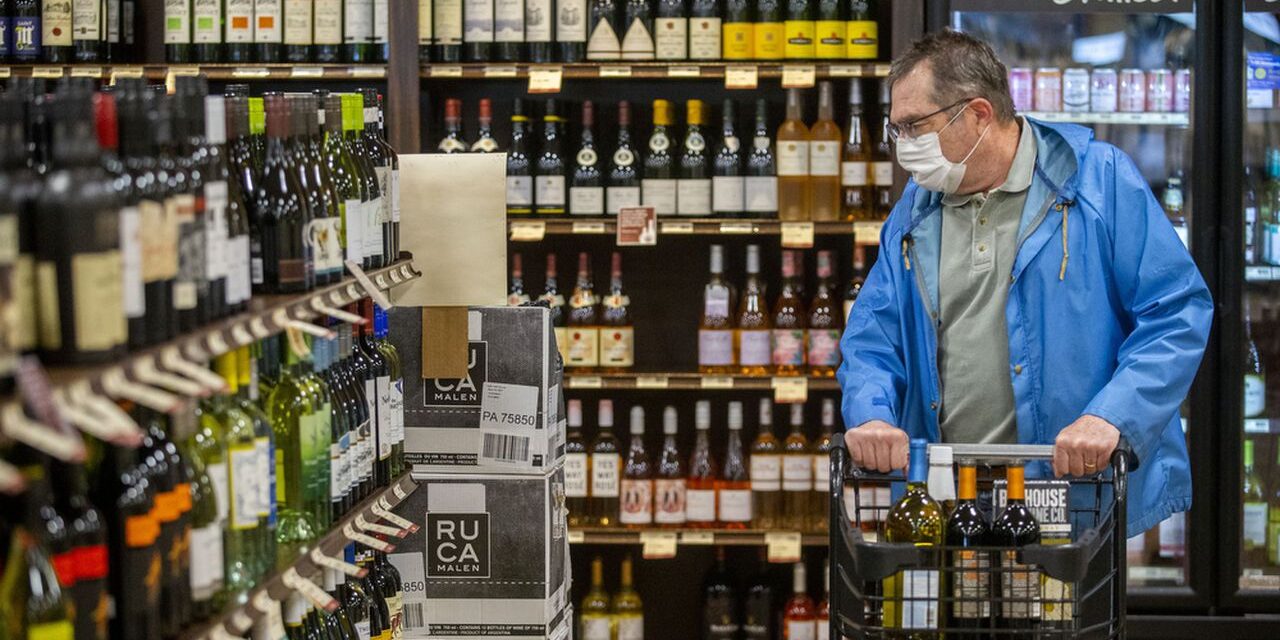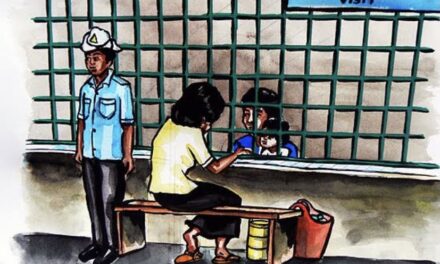Privatization of Liquor: A Look Into the Loopholes of The Policy


Mridul Suri
India with a total human population of 138 crores, is the third biggest market for liquor all around the world. It acts as one of the largest sources of revenue in the country. The total legalized population for alcohol consumption in the country is around 485 million, which is greater than the entire combined population of the USA and Mexico. But, surprisingly India has many regulations to hold a liquor business. From selling, import-export, to even advertising of alcohol involves great restrictions, also the legal drinking age for ingesting differs from state to state in the country.
With the change in time, new policies have been evolving all around the country. The new Excise policy of the Delhi government announced that the liquor shops will run via private vendors. The policy was approved by the cabinet by stating that it will be beneficial for the citizens of the country. The government stated that this step will help in vanishing the “mafias” from the national capital. The step was associated with an increase in revenue by 20%. The encroachment of policy provided for a whole new setup to re-establish the liquor market in the capital of the country.
The division of the city was done into 32 zones and licenses were based on the same. In June 2021, the tenders were issued for the application of L-7Z and L-7V licenses. The office of commission of the excise government of the national capital issued terms and conditions for the grant of licenses. L- 7Z is a zonal license and L-7V is a license for the retail of Indian and foreign liquor. This included license fees and also other necessary formalities needed. These licenses hold the legal validity for commencing and running the liquor shops by private authorities. The terms and conditions are for assuring that all the work is handled in a formal and systematic manner.
The policy became operational in October 2021. However, this was also followed by massive outrage by the citizens. As the insider stories state the violations of New excise Policy 2021- 22 have already begun. It was analyzed that this policy will help the corrupt people or sector to take over the liquor industry too. The misleading financial data acted as proof of the lack of financial diligence on part of the government. Also, the examination of the deposition of money by some of the leading players conveys the message of drifting monopoly.
The outrage of people led to taking major legal steps and removing the default policies. As it has been stated the policy has two sides. One, which is portrayed to the citizens, and second, which is actually happening. After not getting any positive response from the judiciary, some of the bidders and retailers approached the High Court of Delhi. It was alleged by them that the policy is illegal and arbitrary and also is violating the Delhi Excise Act, 2009.
The plea has been filed for fighting against the monopoly and also is against the poor people. The policy does not include “pauvva” or “ quarter” and many such kinds of bottles. It will hit the poor sector hard as they will lose access to it. Also, the benefits of puvva have been stated. It clearly shows that policy only aims at making a profit and does not consider every section of society. The competition of making a profit will not allow the retailers to keep quarters in their shops due to which rickshaw pullers and other such people will be at a loss.
In reply to the contentions of petitioners, Delhi Government has once again defended its policy. The government has taken the viewpoint of increment in revenue and has opposed the allegation of monopoly in the market. Also, the policy has been regarded as a major step towards the deletion of monopoly and proxy players from the liquor market. Prior to this, in July, when the legal validity of the policy was challenged, the court also refused to hear the plea. This gave a blow to the policy and its implementation in the capital.
However, the policy is not only about privatization but also two other important aspects. Firstly, the lowering down of the legal drinking age and secondly, related to the number of dry days. It has also been contended that the policy is silent about these two aspects. It will be needed by the government to issue separate notifications for their implementation. The present case in the Delhi High court only states that the issue of privatization and the other two have not been included. The issue in all three measures states that the policy has various loopholes.
The Competition Act, 2002 looks after the market competition in India. The petition at present states that the policy is violating Delhi Excise Act, 2009. The present policy not only violates the State Act but also contradicts the central legislation. The act aims at promoting healthy market competition further guaranteeing protection of freedom of trade and practice. Freedom of trade and practice is not only included in the act but is also a part of the basic structure of the Constitution of India. Article 301 of the Constitution states that trade and commerce are free in India in reference to the terms and conditions mentioned under Articles 302 to 305. The imbalanced competition in the market will not let the free flow of trade happen. The free flow of trade here refers to the selling of every kind of liquor and still maintaining the competition. The policy has crucial aspects that are directly striking the monopolistic market structure. The policy has also fuelled proxy ownership in the market. In some instances, a single owner has more than 30 liquor shops under different names. This has led to the centralization of power only in a few hands. Due to the same, small vendors will face loss while selling quarters and the same will discourage healthy competition in the market.
The Constitution also states the right to practice any profession or any occupation for all the citizens. There have been various cases where the determination of liquor as a trade has been determined. The power to make laws related to liquor has been vested upon states. However, the contradiction to central legislation can still not be done. The restrictions that have been provided under Article 19 of the Constitution do not include the promotion of monopoly. Though the trade of liquor is completely a matter of state subject, the Constitution can never be overlooked.
An all over-analysis of the excise policy in reference to the privatization of liquor gives us insights into the loopholes. Apart from Delhi, revenue betterment of Uttar Pradesh and Haryana have also been kept in front by the government. It has been mentioned that the privatization of liquor in the national capital will not help the capital but will lead to an increase in the revenue of neighboring states as well. However, the loopholes that have been identified clearly point towards a negative aspect. The policy may not be fruitful for the citizens as well as the government when taken into consideration for a longer period of time.
At present, the petition filed before Delhi High Court stands pending. The previous arguments that have been put forward by the parties show that the government is not willing to withdraw the policy. If not, a middle way can be taken out and the loopholes can be removed from the policy. This will also lead to privatization of the sector and healthy market competition. Also, the other way can be taken out by issuing a fresh policy by removing the wrongs in the previous one and getting the issue resolved. The main allegation related to monopoly and proxy players are major concerns for the citizens and cannot be overlooked.
Mridul Suri is an advocate practicing in the courts of Delhi.
Related Articles
The Information Technology Rules, 2021- A Constitutional Scrutiny
A law prescribing the procedure for depriving a person of his ‘personal liberty has to meet the requirements of Article 19 and if not shall be struck down as arbitrary under Article 14. Liberties and restrictions should run parallel to each other. One overpowering the other would distort the fair working of the constitutional machinery.
Gubernatorial impropriety
The office of the Governor is slowly and steadily being converted into an extended political branch of the central government. The scale and scope this time around are more than ever before! Are we ready for the implications this will have on National Unity and the dent it will cause to the constitutional principles of Cooperative Federalism, Constitutional Morality, and Democracy?
Supreme Court: A populist institution?
Dr. Justice D.Y. Chandrachud while overruling ADM Jabalpur v Shivkant Shukla said that:
“When histories of nations are written and critiqued, there are judicial decisions at the forefront of liberty. Yet others have to be assigned to the archives, reflective of what was, but should never have been.”









